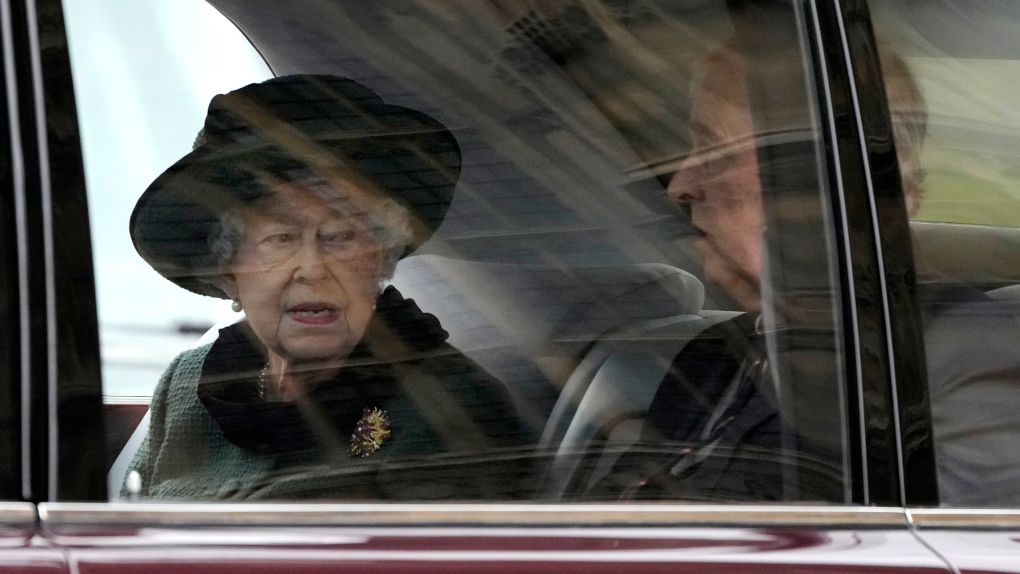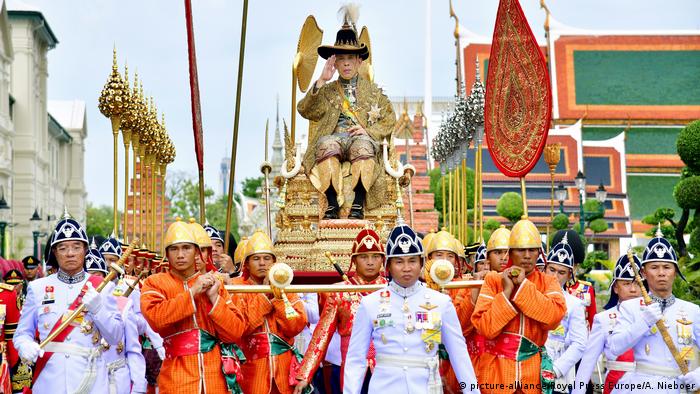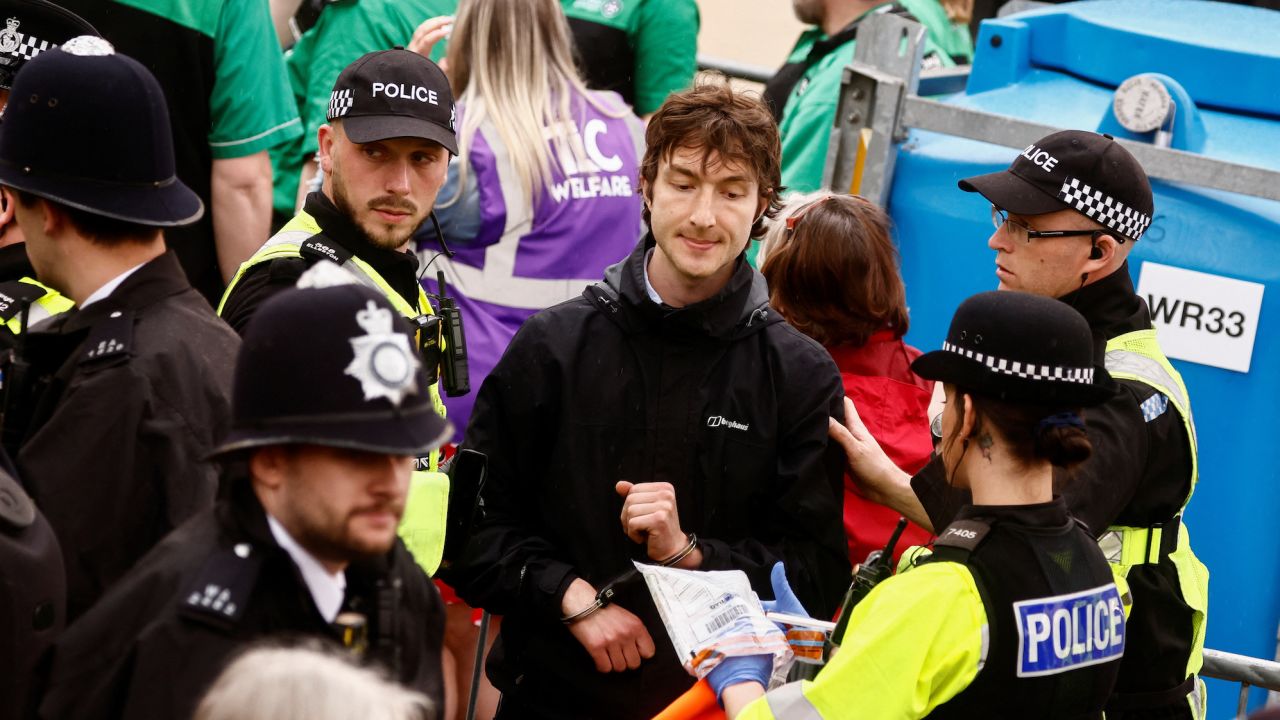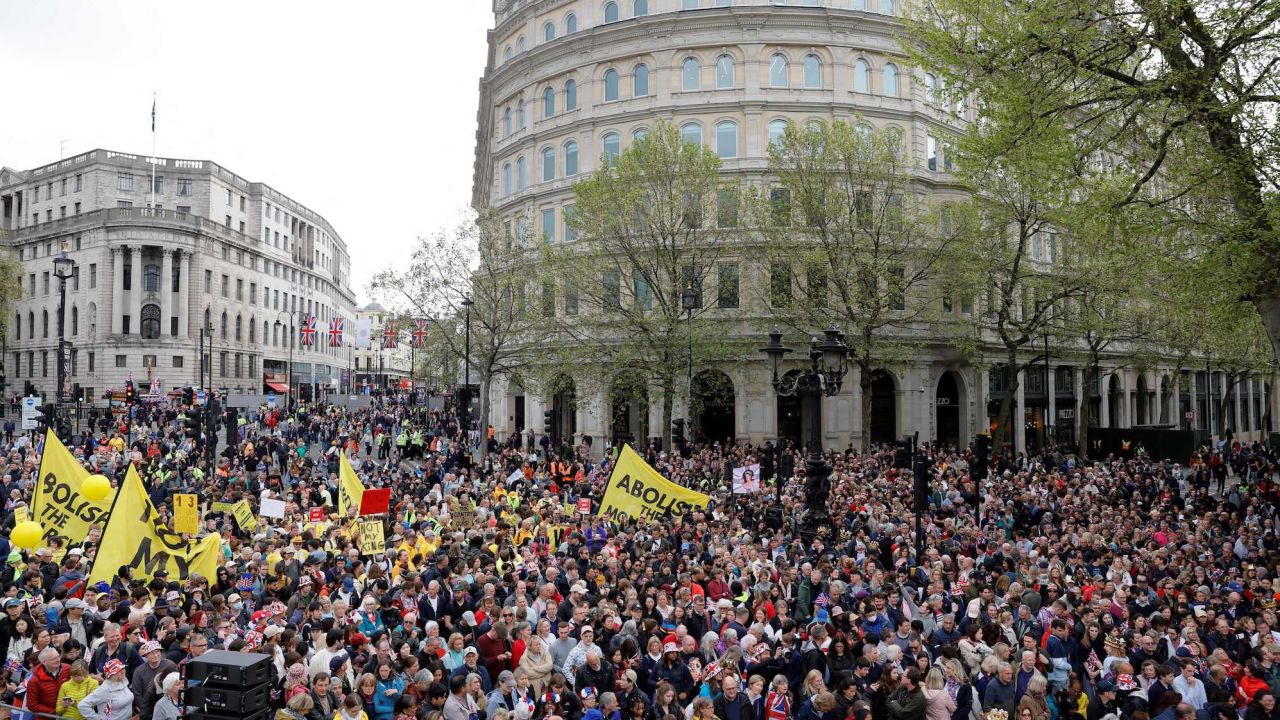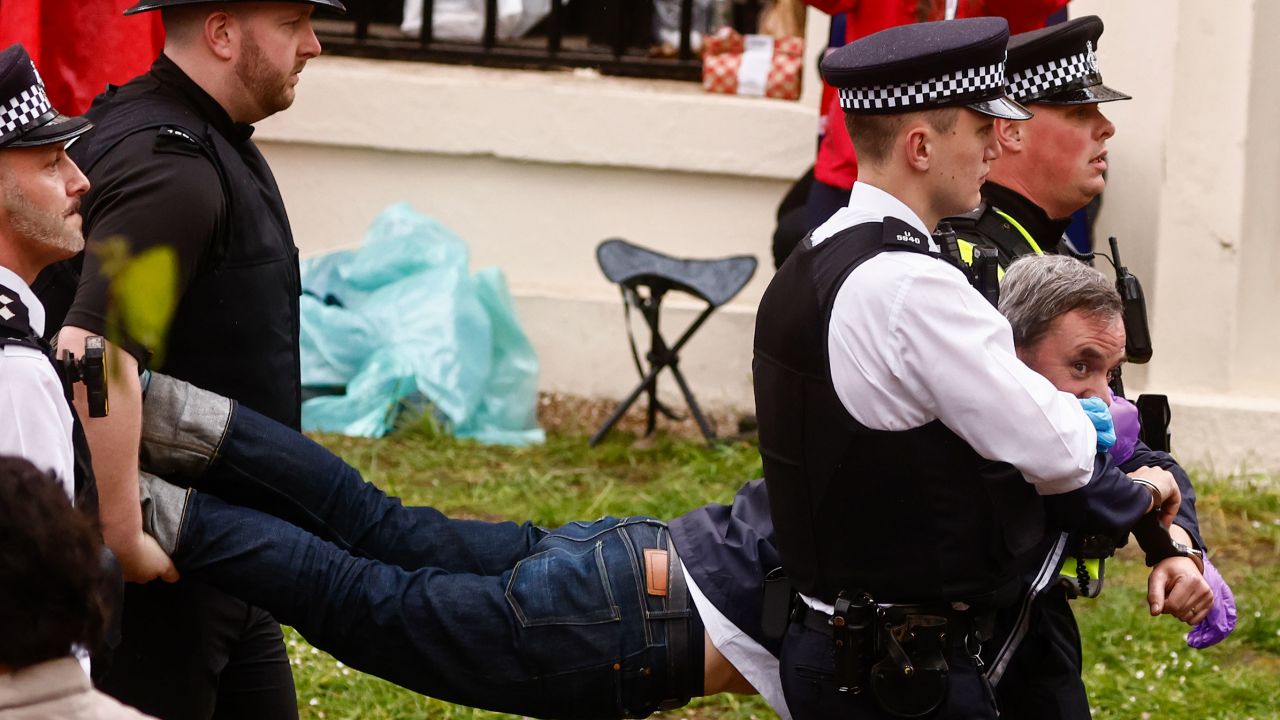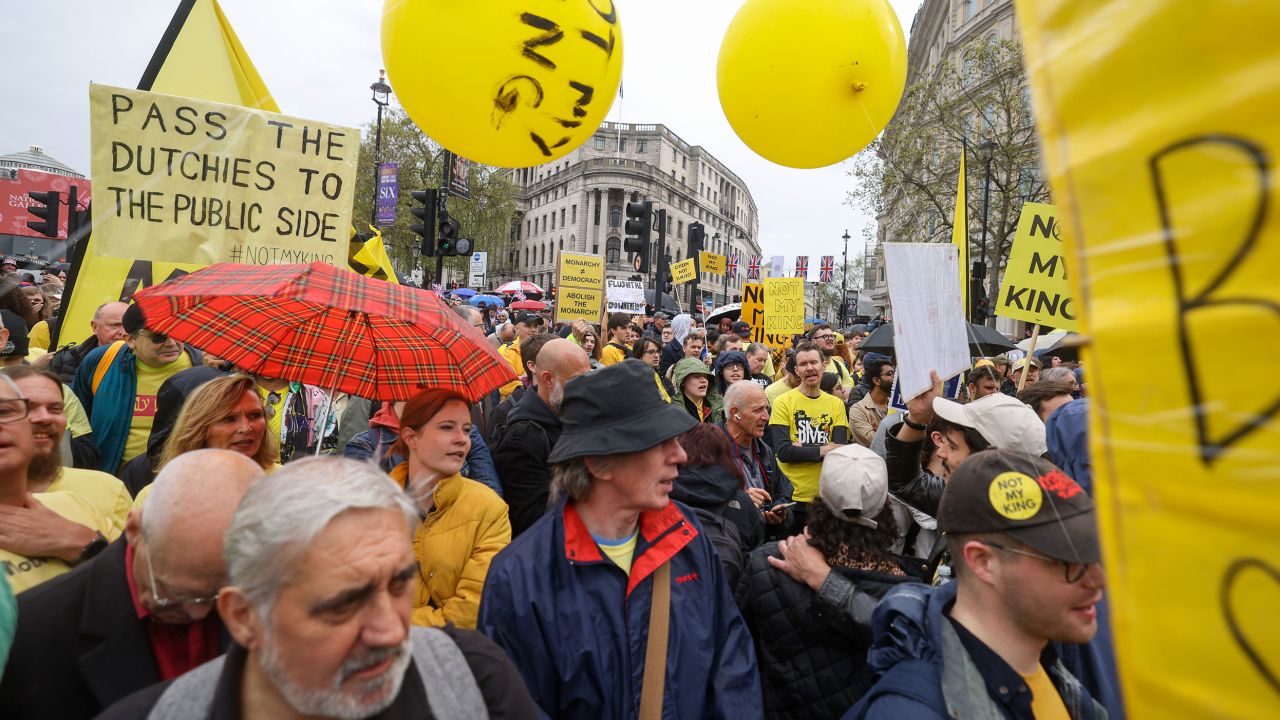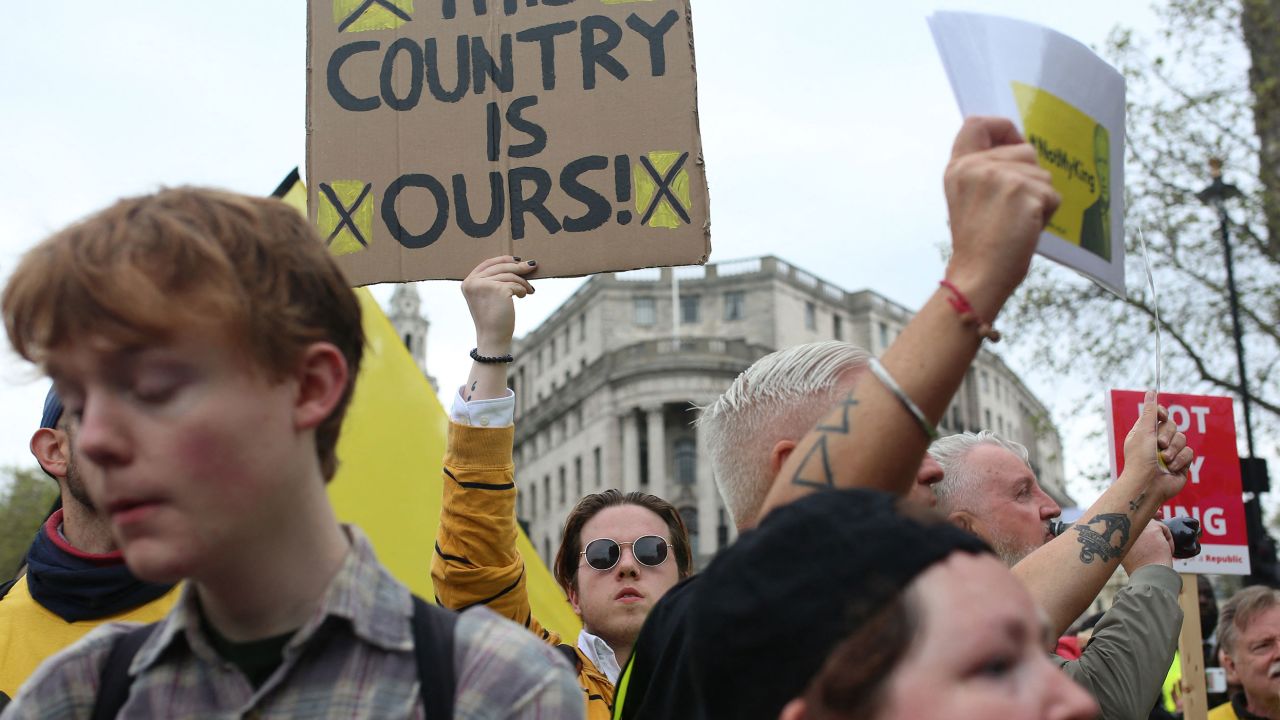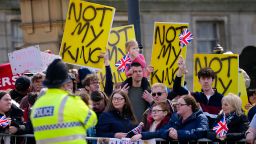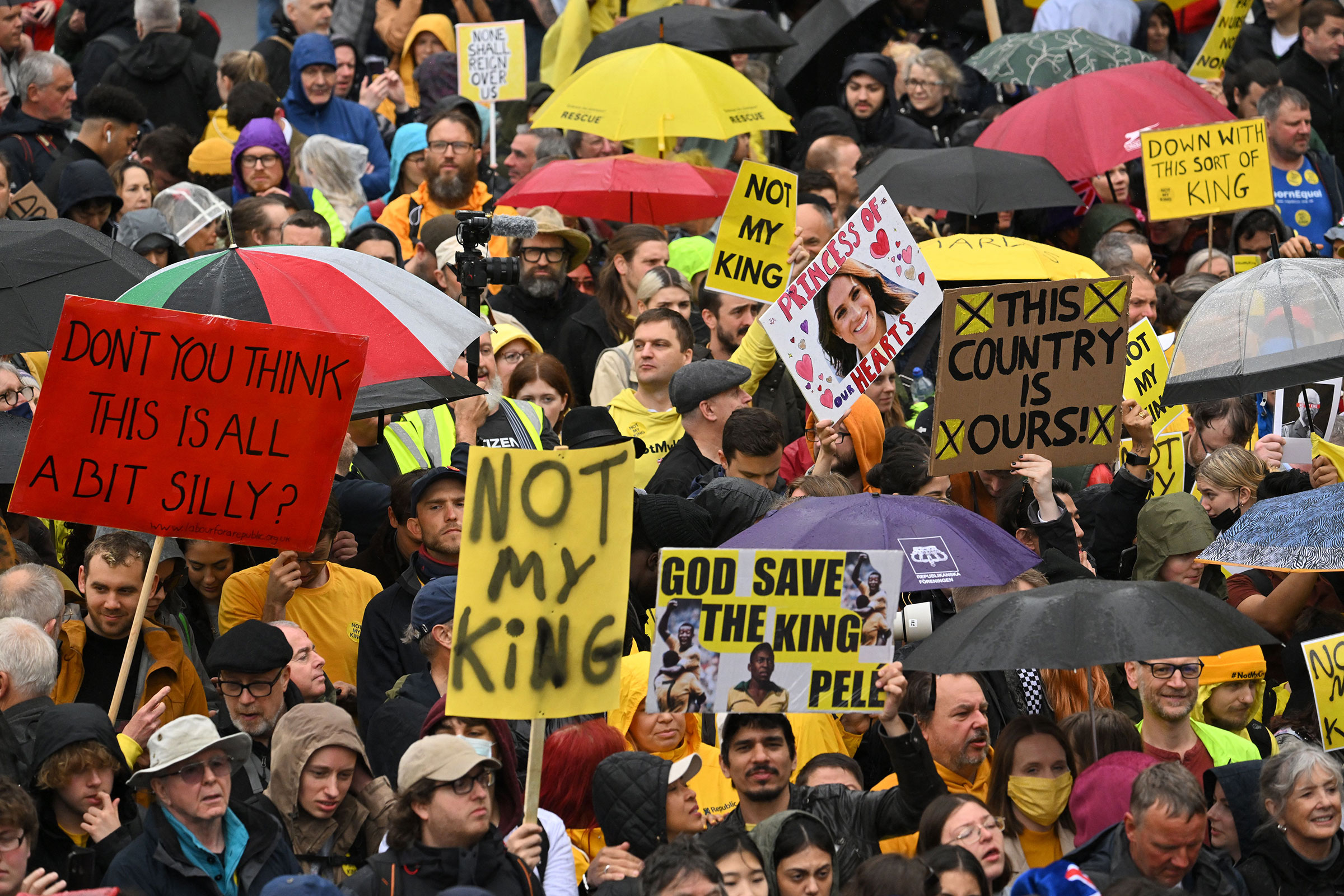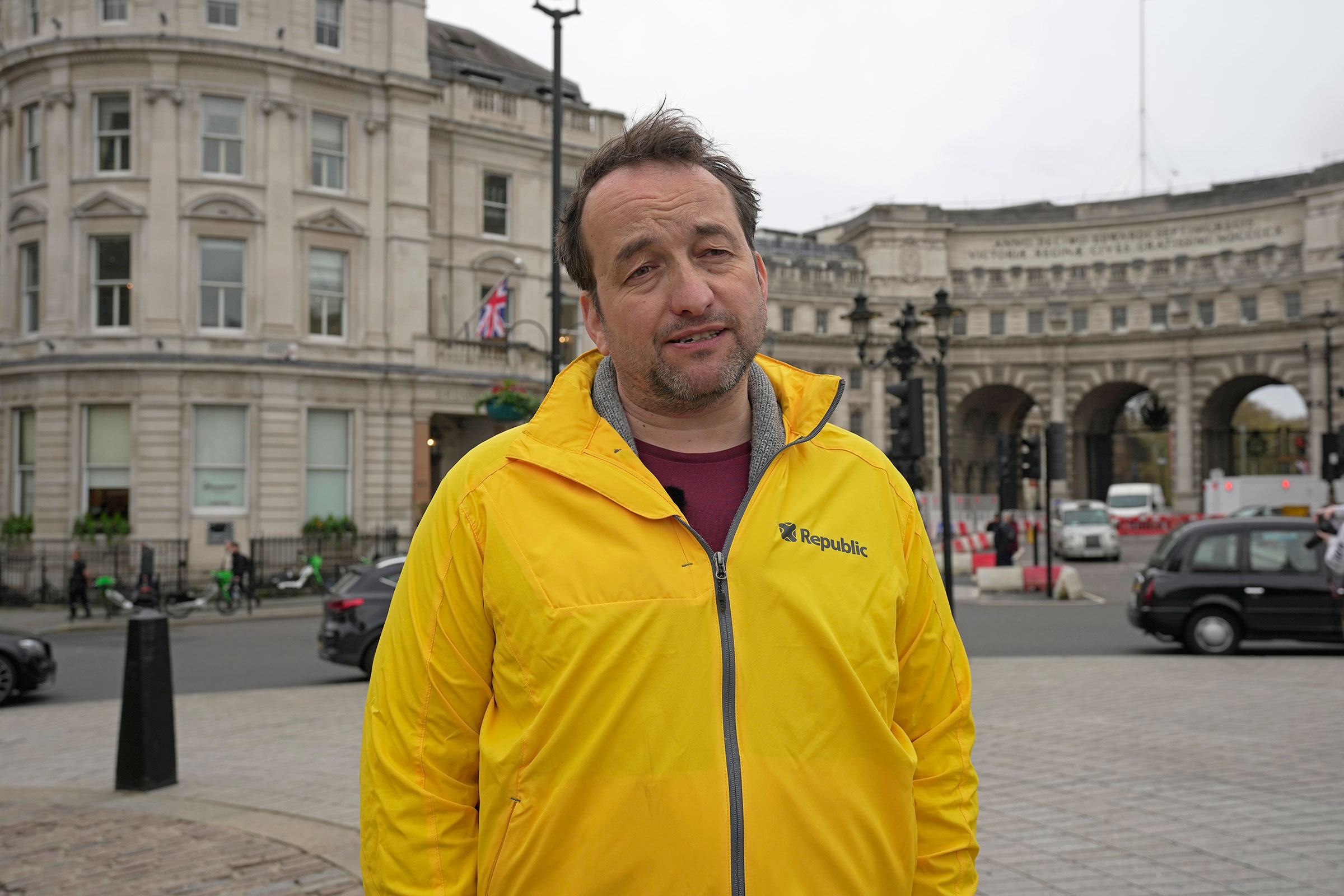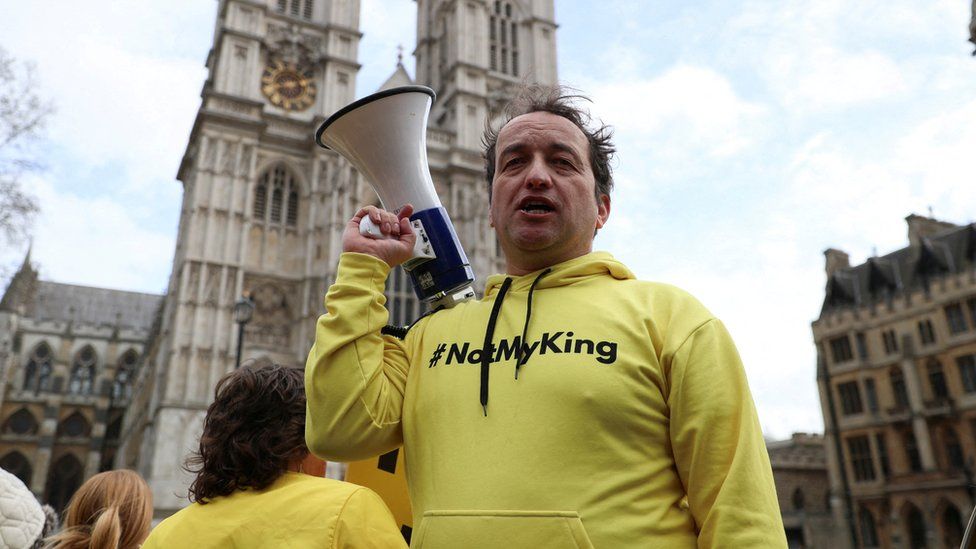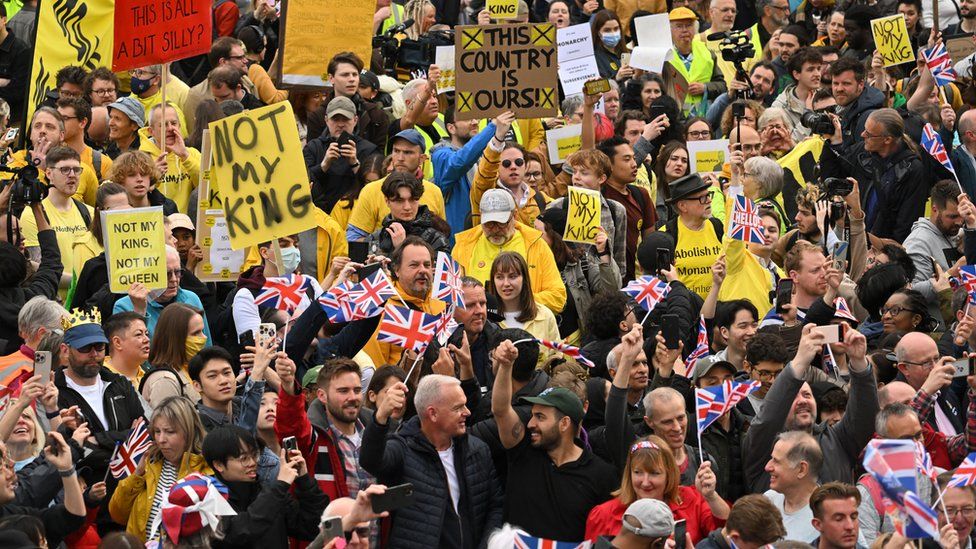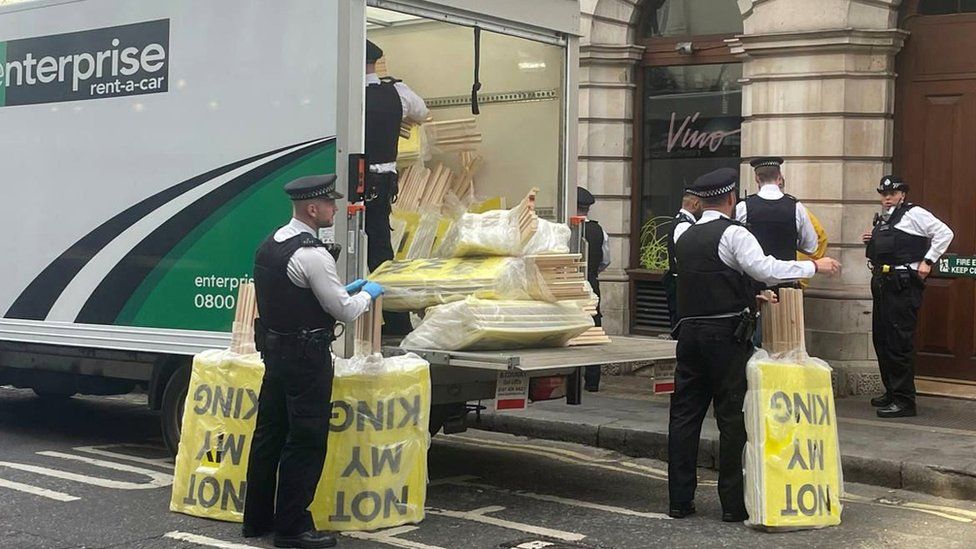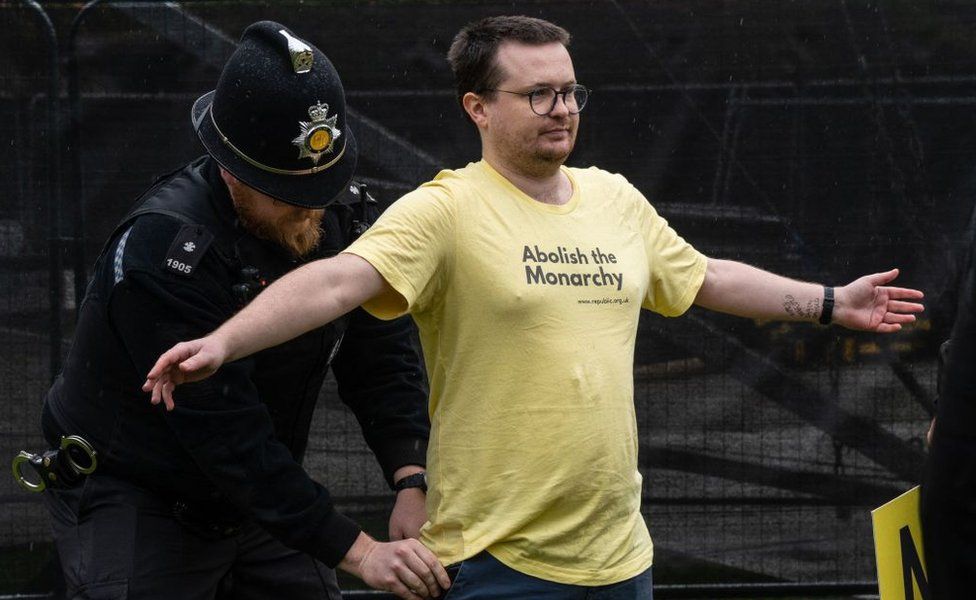Former Thai PM Thaksin to be Charged With Royal Defamation
The pact between Thaksin’s camp and the royalist establishment, which allowed the former leader to return from self-exile last year, may be starting to fray.
By Sebastian Strangio
May 29, 2024
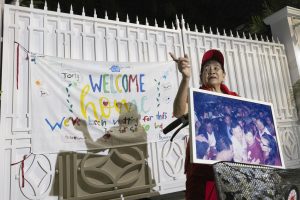
A supporter waits in front of former Thai Prime Minister Thaksin Shinawatra’s residence before Thaksin was released on parole, Sunday, Feb. 18, 2024, in Bangkok, Thailand.Credit: AP Photo/Wason Wanichakorn
Thailand’s former Prime Minister Thaksin Shinawatra will be charged with defaming the country’s monarchy Thai prosecutors said this morning, three months after the leader was released on parole in another criminal case.
“The attorney-general has decided to indict Thaksin on all charges,” spokesperson Prayuth Bejraguna told reporters. Thaksin was absent from today’s hearing due to a COVID-19 infection, but will need to appear before court on June 18 to be formally indicted, Prayuth added.
The lese-majeste complaint was filed by royalist activists in 2016, relating to an interview that Thaksin gave the year before to South Korea’s Chosun Ilbo newspaper, in which he alleged that the Privy Council had backed the May 2014 coup which ousted his sister Yingluck Shinawatra’s government.
Perceived criticisms of the Thai monarchy are harshly punished under Article 112 of Thailand’s penal code, also known as the lese-majeste law, which carries prison sentences of up to 15 years – and which government critics claim has been routinely used to hush up dissenting voices.
As Reuters notes, Thaksin’s case will be the highest-profile case among more than 270-odd Article 112 prosecutions working their way through the Thai legal system. Just this week, two separate Thai courts sentenced an opposition parliamentarian and an activist musician to prison terms for insulting the monarchy. Thaksin also faces a charge under the Computer Crime Act.
In a country where judges routinely bend with the political winds, the attorney-general’s decision to press ahead with the lese-majeste charge points to possible cracks in the political compact that has led to Thaksin’s political rehabilitation and comeback over the past nine months.
Last August, Thaksin returned from a long period of self-exile to begin serving a prison term for abuse of power dating back to his time in office. After the rapid dilution of his eight-year sentence, he was released on parole in February.
The former leader’s rehabilitation reflected a sudden détente in the two-decade-long political war between Thailand’s conservative establishment, clustered around the monarchy and armed forces, and Thaksin’s populist political machine, which carried his parties to victory in every election between 2001 and 2019.
This was made possible by the political realignment in that followed last year’s general election, which saw Pheu Thai eclipsed by a more progressive challenger, the Move Forward Party (MFP), which won the most seats of any party. In the complex political maneuverings that followed the election, the MFP was sidelined as Pheu Thai joined with a coalition of conservative and military-backed parties and formed a government under Srettha Thavisin. The former real estate developer was on confirmed as PM the very same day that Thaksin landed at Bangkok’s Don Meuang airport.
Under the terms of this political compact, Thaksin’s eight-year prison dissolved away; after receiving a royal pardon, he ended up serving barely six months, all of it in a relatively plush private suite at a prison hospital. (This former public enemy number one did not spend a single night in prison proper.) Conversely, the fact that attorney general has now decided to charge him under Article 112 suggests that this political compact between Pheu Thai and the establishment is fraying, if it hasn’t come apart entirely.
Thaksin has arguably not done his own cause any good. Since being paroled in February, the former leader has almost contemptuously asserted his influence over Thai politics. As The Diplomat’s Bangkok-based columnist Tita Sanglee noted earlier this month, the 74-year-old has “wasted no time traveling to major provinces in Thailand’s north and south. He was seen visiting development sites and mingling with political bigwigs, high-ranking local officials, and businesspeople, effectively flaunting his regained influence.” He also made an apparently stillborn attempt to establish himself as a mediator in the conflict in Myanmar, and is believed to have influenced a disruptive cabinet reshuffle earlier this month.
It is possible that the tribunes of the military-royalist establishment, including the Palace, have been angered by Thaksin’s political activities and his rapid return to active politics. It is also possible that many were never quite able to get over years of cultivated bitterness toward Thaksin and his allies.
Whether or not this marks a resumption of the war between the Shinawatras and the establishment remains to be seen – but the course of the lese-majeste case against Thaksin will likely offer a strong indication.

